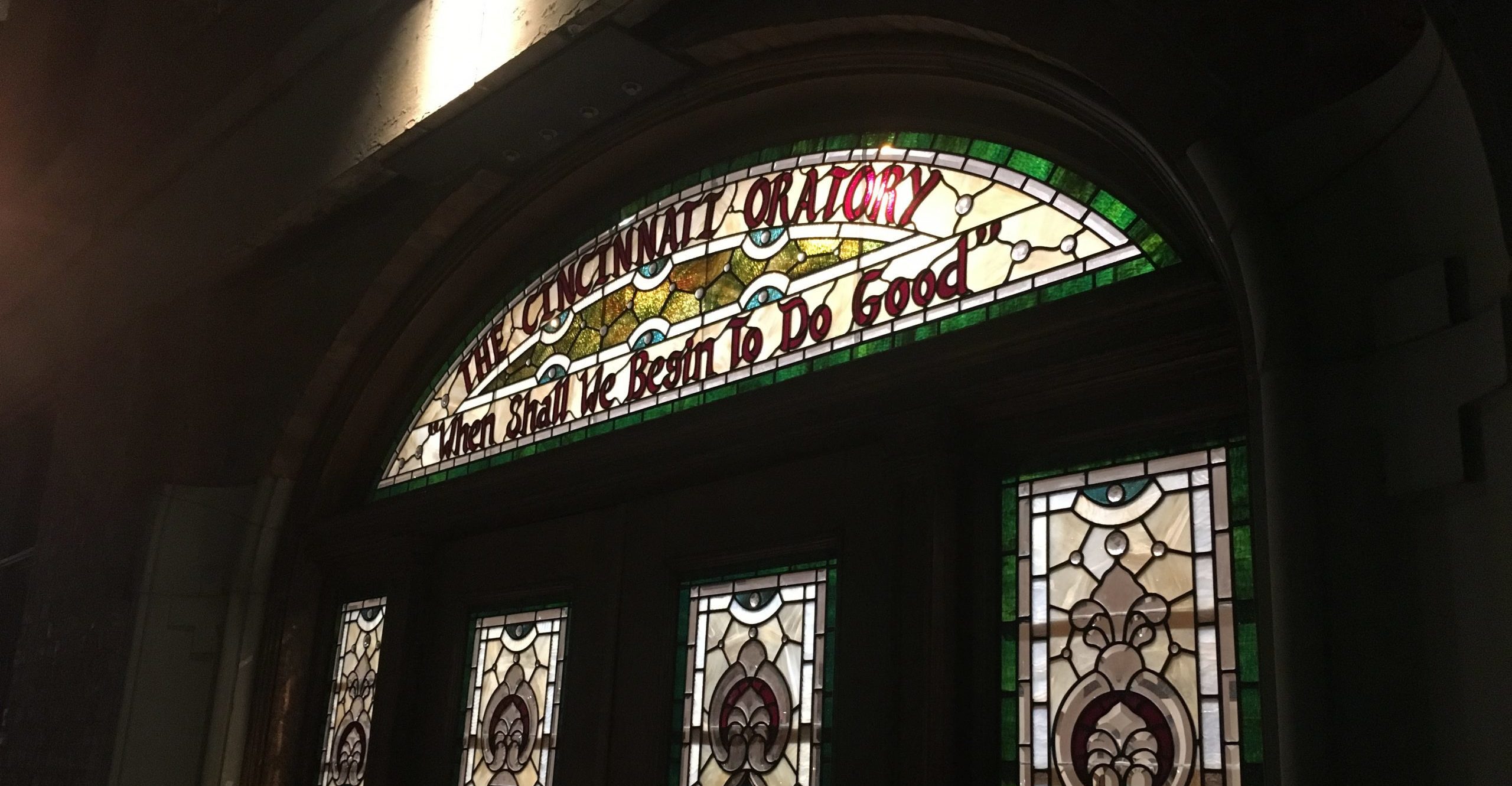Posted on October 3, 2014 View all news

Vatican City, 3 October 2014 (VIS) – This morning in the Clementine Hall the Holy Father received in audience the participants in the Plenary Assembly of the Congregation for the Clergy. “The vocation is truly a treasure that God places in the hearts of some men, chosen by Him and called to follow Him in this special state of life. This treasure, that must be discovered and brought to light, is not made to ‘enrich’ someone alone. He who is called to the ministry is not the ‘master’ of his vocation, but rather the administrator of a gift that God has entrusted to him for the good of all the people, or rather for all humanity, even those who have drifted away from religious practice or do not profess faith in Christ”. Pope Francis added that “at the same time, all the Christian community is the custodian of the treasure of these vocations, destined to its service, and must always be aware of its task of promoting, welcoming and accompanying them with affection”.
Similarly, the Pope reminded the clergy that they too must play their role in formation. “This involves protecting and nurturing vocations, so that they bear mature fruit”. He remarked that Jesus did not call his disciples by saying to them “come, I will explain to you”, or “follow me, I will teach you”. “The formation Christ offered his disciples instead took the form of ‘come and follow me’, ‘do as I do’, and this is the method that today, too, the Church must offer her ministers. … For this reason, it is a task that is never completed, because priests never stop being Jesus’ disciples; they never stop following him”.
Pope Francis spoke about evangelisation as the aim of vocation. “Every vocation is for the mission, and the mission of ordained ministers is evangelisation”, he continued, adding that “the first form of evangelisation is the witness of fraternity and of communion between priests and bishop”. He concluded by emphasising that it is necessary for the clergy to “be priests … free of every spiritual worldliness, aware that it is their lives that evangelise rather than their works”, rather than to take a limited view of priesthood as a profession”, also asking the bishops to think of the good of the people of God, to study the itinerary of vocations carefully, and not to accept priests simply because there is a lack of them in the diocese.
